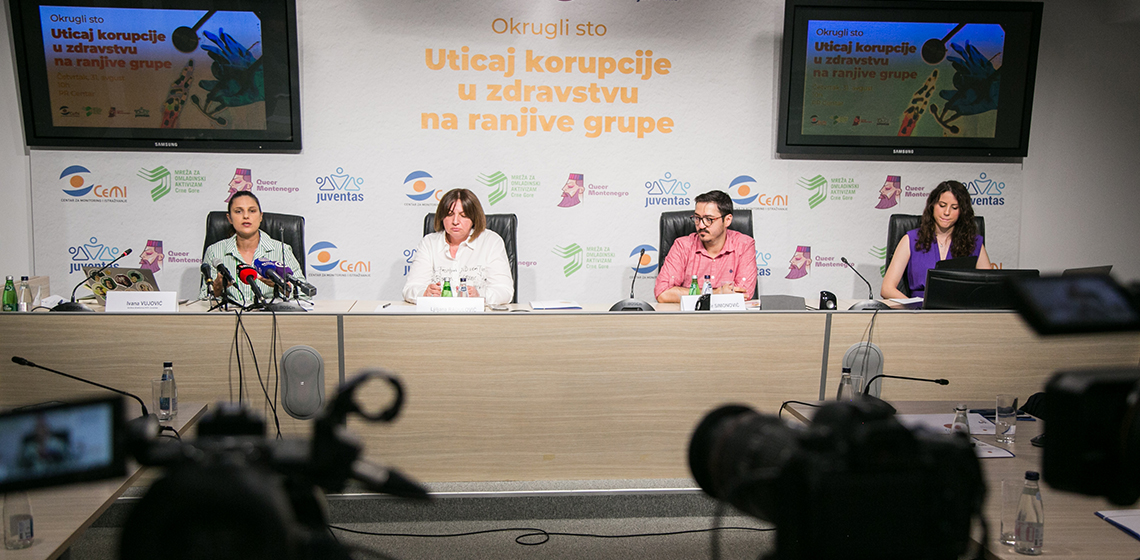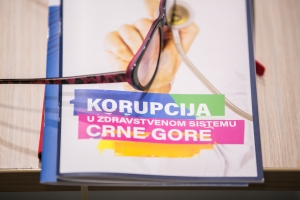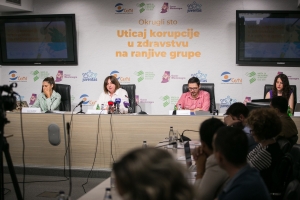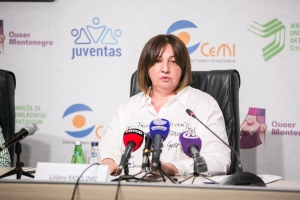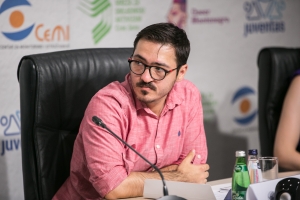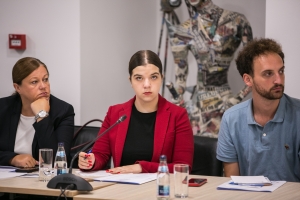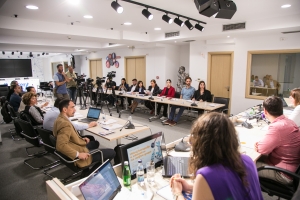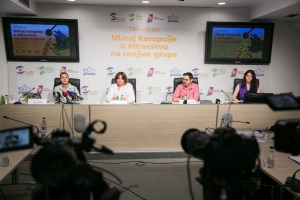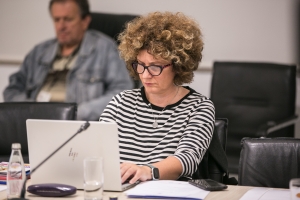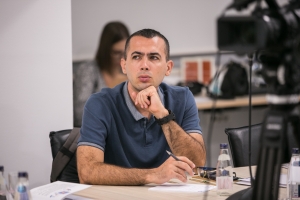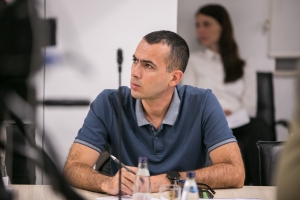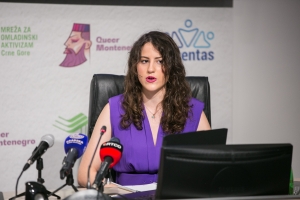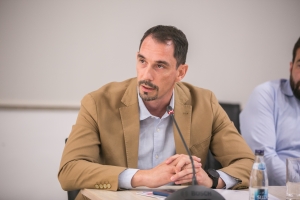Corruption in the healthcare system of Montenegro represents a significant issue, with negative consequences on access, quality, and fairness of healthcare for LGBTIQ+ individuals, youth, and drug users, it was statement by the Center for Monitoring and Research (CeMI) during the roundtable discussion.
Zlatko Vujović, President of the Governing Board, reminded at the roundtable "The Impact of Corruption in Healthcare on Vulnerable Groups" that CeMI was the first organization to address the issue of corruption in healthcare.
"In addition to certain changes that have occurred in Montenegro's healthcare system, such as improved working conditions and salaries for healthcare workers, we are also facing a brain drain that is difficult to compensate for, considering how much time it takes to train quality doctors," stated Vujović.
The director of the Clinical Center of Montenegro, Ljiljana Radulović, believes that it is necessary to raise awareness among citizens about the existence of a patient rights ombudsman in that institution who is available every working day.
"We can’t say that patients are unaware of the existence of such an institution in our facility, as on average in the previous year, we had about 150-180 patient complaints in each quarter, totaling around 750 annually. None of these complaints were related to corruption in the healthcare system within our healthcare institution," emphasized Radulović.
She pointed out that 50 percent of patient complaints were related to waiting lists, and approximately five percent on average pertained to the behavior of staff towards patients.
Radulović assessed that decentralization of the healthcare system is the only possible concept for increasing its efficiency.
"We provide 67 percent of healthcare services in this country. If these services aren’t provided in regional centers, we would need to increase the number of healthcare workers fivefold. We cannot increase the number of patients because it always results in a decrease in quality. We must focus on redistributing healthcare services across the entire country," emphasized Radulović.
She believes that it is necessary to standardize the process of providing healthcare services, stating that this way, employees will adhere to the standards, and will also be protected from potential lawsuits.
The Executive Director of the NGO Juventas, Ivana Vujović, pointed out that, according to research by CeMI from March of this year, only four percent of citizens stated that corruption is not present in Montenegro.
So, in Montenegro, 96 percent of citizens believe that corruption is present. Citizens recognize it in many areas - politics, the judiciary, prosecution, police, customs, and also in the healthcare system. Another interesting fact from that survey is that when citizens were asked if they were willing to engage in any form of illegal behavior to receive better service, the largest number of citizens, 19.1 percent of them, said they would if it meant getting better healthcare, while 1.8 percent said they had paid money for healthcare services," Vujović stated.
She also mentioned that she is especially concerned that the public healthcare system has become oversensitive to the possibility of losing the benefits it receives from the state, as stipulated in the Constitution and the law.
"I think that at this moment, we aren’t investing enough effort, capacity, and resources to protect the healthcare system from the possibility of privatization to the extent that we will have a problem ensuring that people belonging to vulnerable groups truly have an equally high-quality, accessible, safe, and respectful healthcare system and care compared to those who didn’t belong to these groups and can access the private healthcare sector with money and resources," stated Vujović.
She assessed that there is an increasing offer in the private sector while the situation in the public sector is becoming more challenging to respond to the citizens' needs for quality healthcare.
"The research leads to the conclusion that when it comes to vulnerable groups, their status is often linked to discrimination," Vujović stated.
She also pointed out a statistic from the research that approximately 50 percent of citizens are not aware of their rights as patients.
"We can’t deny that there is corruption in healthcare; we have enough indicators to suggest that it exists. Citizens don’t report it because there is an initial preparedness to use it to protect their physical and psychological integrity," Vujović stated.
Lana Jovetić, the Coordinator of the Human Rights and Freedoms Protection Team at the Youth Network of Montenegro (MOACG), stated they are from that organization as part of this project, they have educated young people about corruption, most common corrupt practices in the healthcare system, and ways in which they can report such practices.
"Through workshops for young people in Cetinje, Bar, and Rožaje, we aimed to highlight the ways in which they can report corrupt practices in healthcare. Additionally, if the authorities don’t respond to these reports, we have provided guidance on what they can do next and which institutions they can contact," stated Jovetić.
The roundtable was organized as part of the project "Contributing to the Reduction of Corruption in the Healthcare System of Montenegro," which is implemented by a coalition consisting of CeMI, NGO Juventas, NGO Queer Montenegro, and NGO Youth Network of Montenegro (MOACG), with the support of the National Democratic Institute (NDI).
